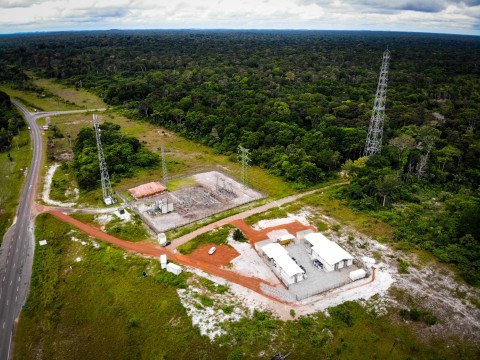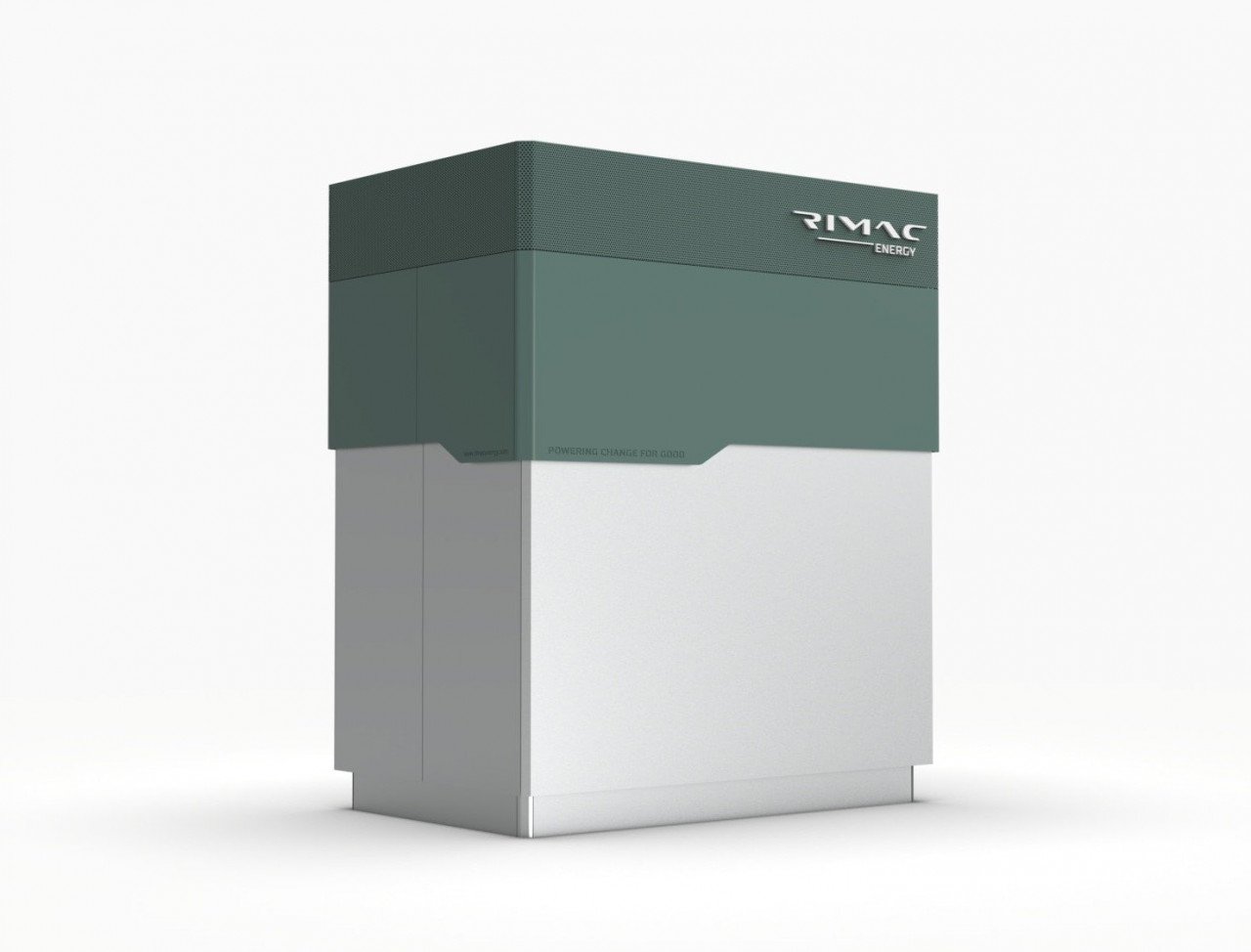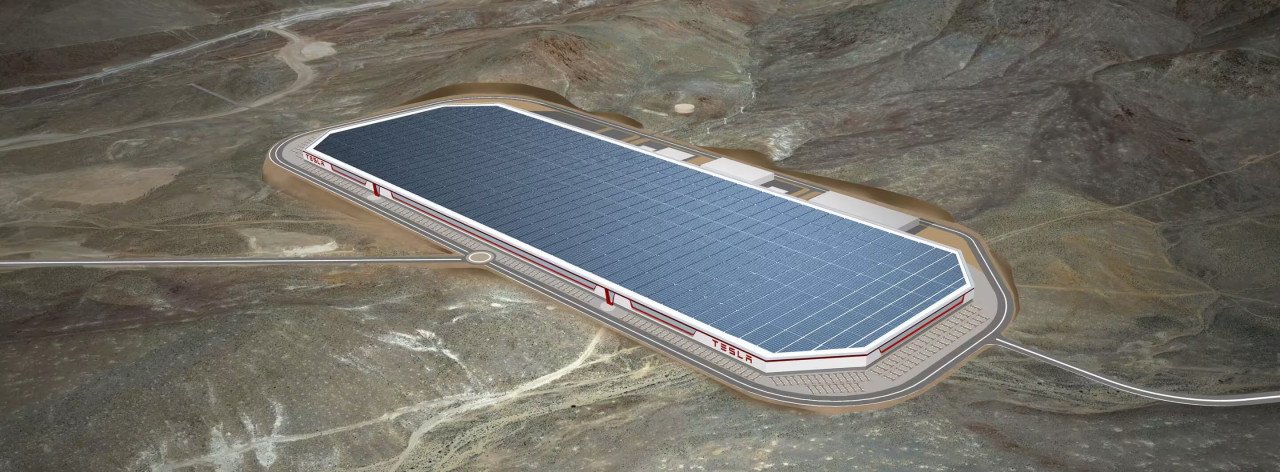Rimac plans big on stationary energy storage systems from 2024 in Europe
Rimac Technology is expanding beyond its high-performance EV technology to introduce innovative stationary energy storage systems (ESS). The Croatia-based company launched its new energy storage brand 'Rimac Energy' to make stationary storage solutions that are essential for integrating renewable power generation and decarbonization of energy networks.
Revealed last month, the Rimac Energy team has been steadily built as a specialized team within the Rimac Technology over the last 19 months, currently working on its first generation of stationary ESS and pilot applications with select customers in Europe.
The company's product portfolio includes utility-scale ESS, commercial and industrial applications, and highly integrated battery buffered charging solutions for fast and mega-watt charging. All products are fully designed and developed in Europe, according to Rimac Energy.
The pilot systems will be produced for selected customers this year with commissioning scheduled in 2024. High volume ESS production shall begin in 2025 at the Rimac Campus in Croatia, scaling to more than 10GWh of annual production, the company added.
"At Rimac we have always been driven by innovation and a passion for pushing the limits of what is possible in the automotive industry. However, we recognize the importance of stationary storage solutions to power our planet sustainably. Given our track record in innovative battery technology, we believe we will play a vital role in building Europe's future energy ecosystems, elevating it on the global stage", said Wasim Sarwar Dilov, Director of Rimac Energy.
RELATED: TEPCO, Toyota to pilot stationary storage battery system using EV batteries
Leveraging its renowned expertise in EV technology, Rimac Energy claims to apply the same engineering philosophy and design know-how to stationary energy storage applications as its EV solutions.
As a result, the company claims to have created a novel battery architecture that reduces efficiency losses by up to 50 percent whilst decreasing the system footprint by up to 40 percent compared to current state-of-the-art solutions. Additional technological benefits include improved cycle life, built-in redundancy for increased availability, as well as competitive material and installation cost.
Rimac Energy currently claims to has several customer projects in discussion, including a pilot with a leading renewable energy company to provide battery storage solutions for their solar and wind power plants.
Mass manufacturing is set to start in 2025, with manufacturing capacities continuously scaling up into the double-digit GWh-scale, it adds.

















